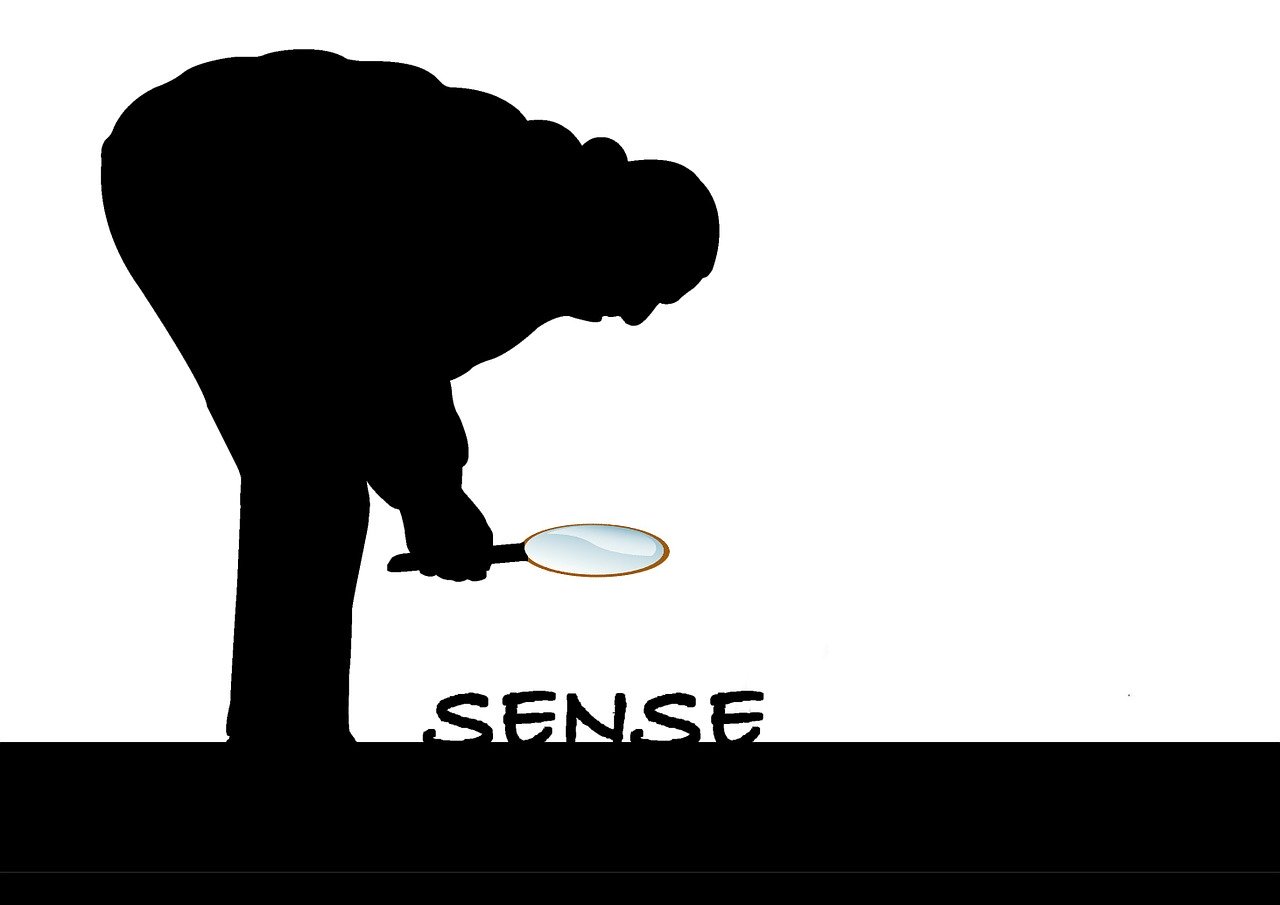One thing I’ve noticed about the online dating scene is that I learn something with every encounter. Some things are about the world in general, and others specifically apply to me.
A woman, I met online, brought up the topic of philosophy and religion. On the dating applications I have always found it difficult to answer the “Religion” question due to all of the options not being fully applicable. I’ve tended to say I’m agnostic, which doesn’t really answer the question for someone to whom it matters. The Christians all assume I can be brought back into their fold, when the only reason I don’t say “Atheist” is that I can’t prove the negative. All of the choices are inadequate to fully describe my views. After I explained that in some length, she took the conversation in a different direction by asking how I lived my life.
I responded that what matters most are the things you do, rather than what you say. What you say you’ll do and what you actually do should be in complete accord. How you treat people in general, being consistently ethical regardless of with whom you are dealing. It hadn’t escaped my notice over the years that religious belief certainly doesn’t make its practitioners ethical, in spite of the common assertion that religion is necessary to “teach” ethics or morality. I’ve also noticed something I call “Tribal Ethics” where the members of a specific creed treat other members ethically, but are free to treat outsiders however they wish without moral consequence. I would consider that to be unethical myself.
I’m also fairly steady-state when it comes to emotional issues. If life throws a curve-ball, you deal with it and move on without bemoaning it for the next few years. It doesn’t mean a lack of emotion (which is conflated today as a sign of stoicism) it simply means you feel negative emotions at the time, deal with it as best you can and move onward without further complaint.
When it comes to how I interface with the larger world, I don’t require magical thinking to explain my place. If I act poorly, I don’t have the luxury of blaming “The Devil” for it – it’s me that’s the asshole. If I don’t understand something, I don’t make up something supernatural to explain or justify it.
After listening to all of this, she tells me I’m a Stoic from a philosophical standpoint. I remembered a few things from college philosophy, but needed to refresh what I knew before I could agree.
First I learned Stoicism is applied philosophy rather than a religion. It builds off of man’s technological understanding of the universe without the need for an activist “god” to fill the empty space. The Stoic applies force of will towards behavioral goals such as courage, justice, moderation, and wisdom. As with any philosophy, the practitioner will not always live up to the ideal, but the goals are fairly straightforward. The Stoic learns then applies, and repeats this cycle endlessly. Self actualization before it was a 20th century thing. Again it fits my behavioral model.
What is the reward? Not heaven or paradise in a magical setting, but a life well-lived and admirable. Meeting death without fear or bewailing fate. Seriously, what more can anyone ask? In a practical sense, I was to witness soon thereafter that Stoics can also be hypocritical, but then I think all humans share in that failing to some degree. It doesn’t mean you can’t work on it.
So now when it comes to any questions regarding religion, I’ll use the term “Stoic” as my choice. Whether the world understands the term or not is irrelevant. It’s a more thoughtful and truthful answer than the alternatives provided.
A Stoic take on lying, as an example:
“By lying, we deny others a view of the world as it is. Our dishonesty not only influences the choices they make, it often determines the choices they can make—and in ways we cannot always predict. Every lie is a direct assault upon the autonomy of those we lie to.”
Sam Harris
Image by Gerd Altmann from Pixabay

